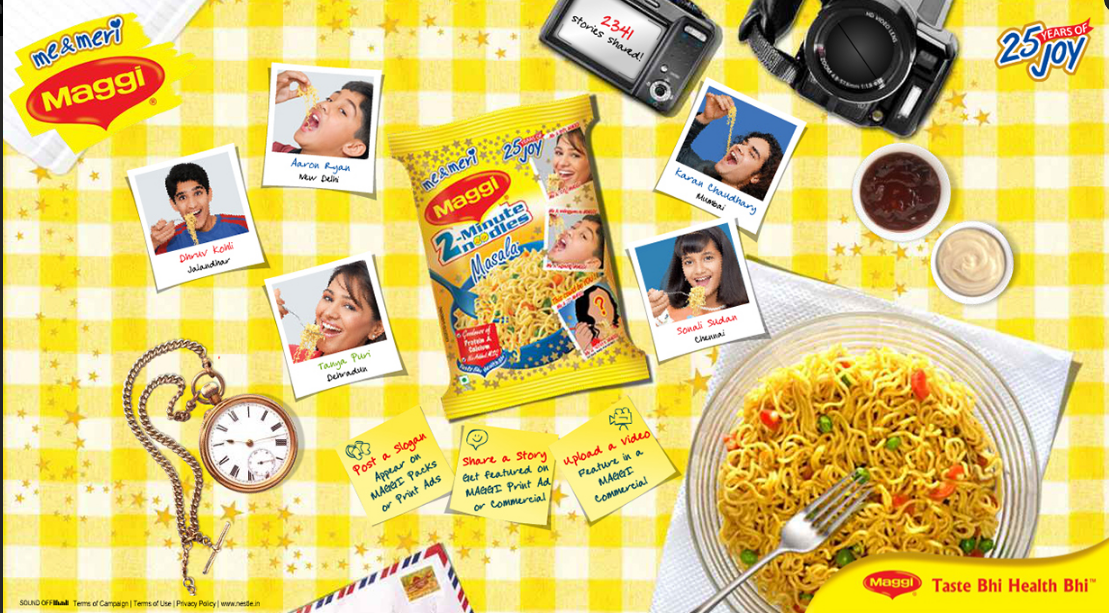beverage cartons coated with plastic made from sabic&rsquos certified renewable polyethylene will shortly be available across northern europe, following a partnership with liquid food packaging firm elopak.chemical manufacturing firm sabic&rsquos new second generation renewable polyolefins claim to reduce the amount of fossil fuels used in the production of polyethylene pe and polypropylene pp, according to a manchester university life cycle analysis lca study.from feedstock to plastic, the use of renewable feedstock made from waste fats and oils instead of traditional feedstock reduces the amount of fossil fuels needed by 84.&ldquothis confirmation of our lca study by a reputable independent party, confirms some fantastic results in terms of the sustainability advantage of using renewable feedstocks for the production of polyolefins,&rdquo said steven de boer, director innovation and sustainability, polymers at sabic.&ldquoin addition, we are proud to announce that up to 4kg of co2 is also saved, for each kilogram of product used in the market.&rdquothe renewable polyethylene that sabic is supplying to elopak aims to address the plastic packaging industry&rsquos growing demand for high performance extrusion coating films.&ldquothe carton is the renewable choice for packaging of beverages, and with renewable polymers from sabic, we are able to supply packaging which is virtually 100 renewable,&rdquo said kristian hall, director corporate environment at elopak.&ldquothis is a key milestone in our efforts to reduce the carbon footprint of our products. the carton already had the lowest carbon footprint among liquid food packaging, and with this we have strengthened that position. we have a vision to deliver products with zero net impact on the environment, and this is an important step towards that goal.&rdquo 






